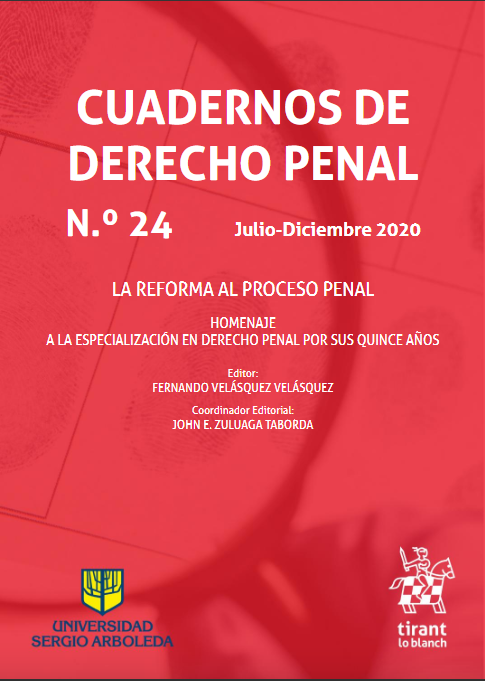Abstract
The prosecutorial model, which dates back to ancient Greece, arrived in Colombia in 2002 through a constitutional reform; it is a method of prosecution in which the guarantees of the parties are privileged. Therefore, the responsibility to promote fact-finding and the sentencing request falls on the prosecutor; this obligation materializes during the arraignment, incorporating an entire series of characteristics and requirements without which it would be incomplete and guarantees would be violated. The arraignment is, therefore, the central axis of the process, requiring the fulfillment of legal standards so that the principle that guides it, the procecutorial one, is satisfied. This paper seeks to establish whether the model we have adopted respects the guarantees on which the adopted system claims to be based at the arraignment; the answer is no, and therefore the introduction of material control over the arraignment is proposed.

